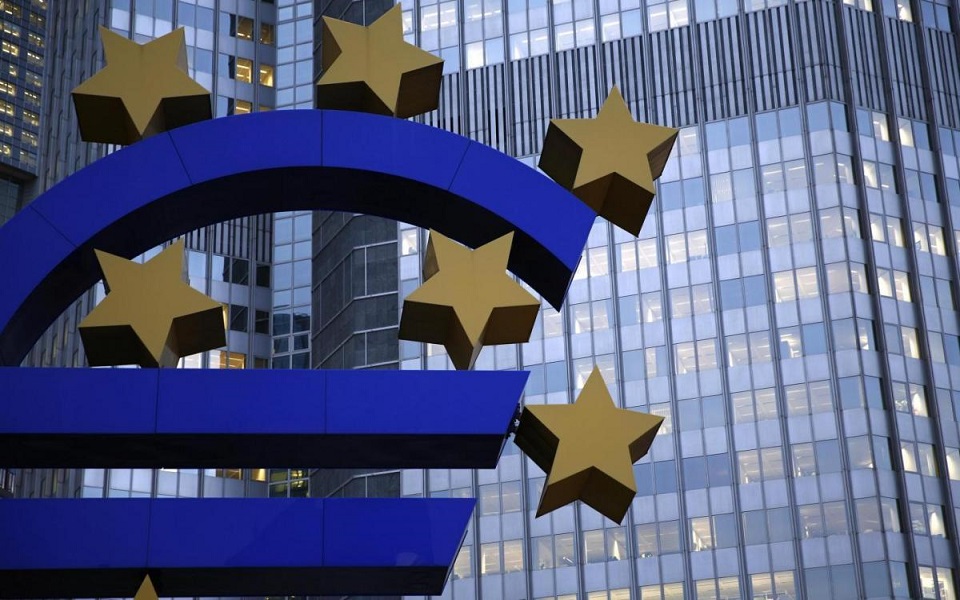Eurozone inflation rate remains below zero in March

In spite of a modest improvement in inflation that had its roots in the services sector, consumer prices across the 19-country eurozone fell in the year to March for the second month running, official figures showed Thursday.
In its estimate for the month, Eurostat, the European Union's statistics agency, said the headline inflation rate was minus 0.1 percent against the previous month's reading of minus 0.2 percent. The modest uptick was in line with market expectations following recent figures showing a solid pick-up in German inflation.
Eurostat said the services sector is likely to have had the biggest impact in nudging up the headline rate, while energy prices once again provided the biggest drag.
One development that may cheer policymakers at the European Central Bank was the news that the core rate, which strips out the volatile items of food, alcohol, energy and tobacco, rose to 1 percent from 0.8 percent.
Still, both rates remain well below what the ECB wants ? inflation at just below 2 percent.
The ECB has enacted a series of stimulus measures, such as cutting interest rates and buying government bonds in the markets, in order to get inflation back to target. Since the last stimulus package was announced this month, few analysts think the central bank will do anything further soon.
But in the longer-term, many economists think the ECB may have to do more.
The ECB is worried that low or negative inflation will prompt even more economic stagnation in the eurozone.
A consistent drop in prices, known as deflation, can choke the life out of an economy mainly by enticing consumers to delay big purchases beyond everyday needs such as food and energy in the knowledge that they will cost less down the line.
And faced with lower prices, businesses also make less profit and start looking to reduce costs. That means job losses, wage cuts and a growing reluctance to invest and innovate. The economy is weighed down further, prompting businesses to cut costs further, exacerbating the deflationary spiral.
[AP]





